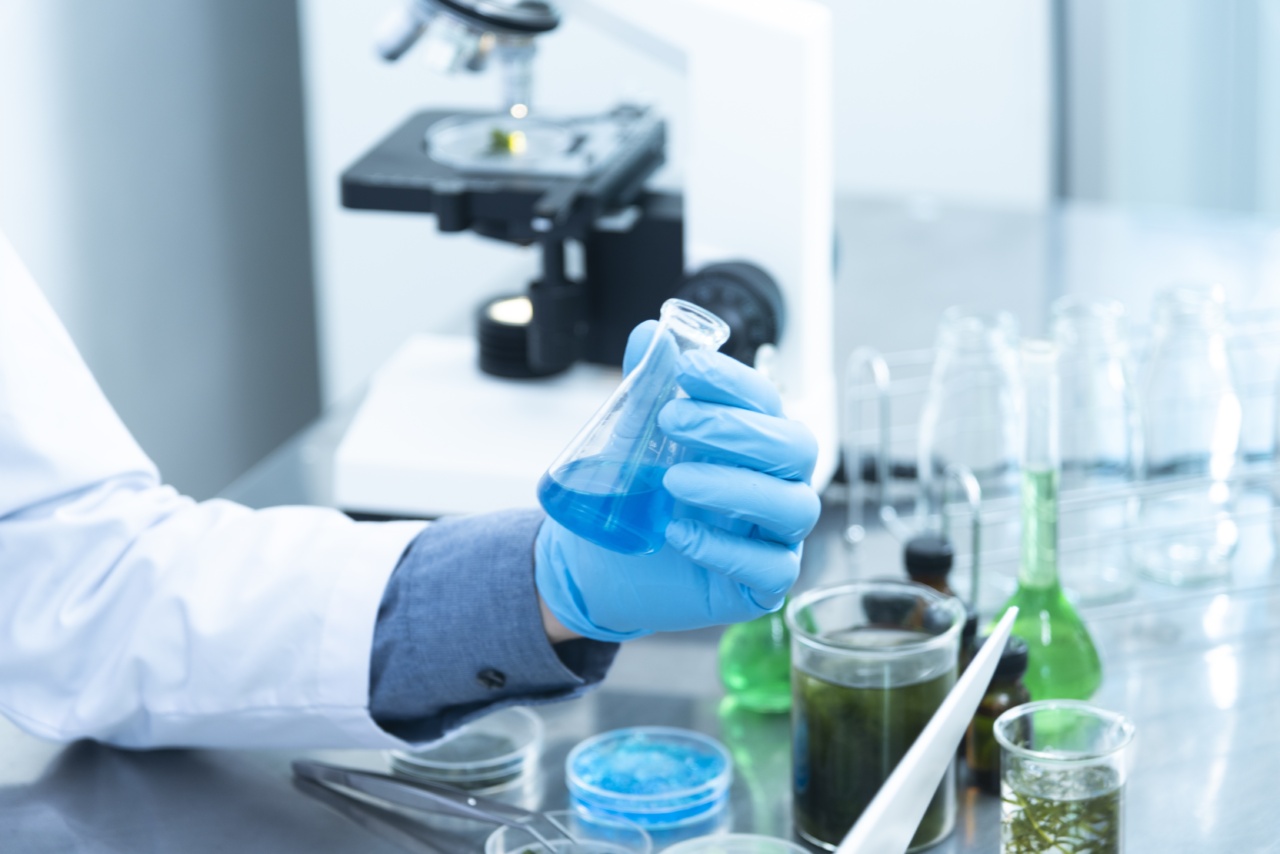Regenerative medicine is a revolutionary field of medicine that aims to regenerate, replace, or repair damaged tissue and organs. Regenerative medicine has the potential to remedy a wide range of chronic conditions, from heart disease to diabetes.
It uses a combination of stem cells, growth factors, and other biologically active molecules to activate the body’s own healing processes.
What is Regenerative Medicine?
Regenerative medicine is an innovative approach to treating chronic diseases and injuries.
It is based on the principles of tissue engineering and stem cell biology, and it aims to develop new therapies that can regenerate or repair damaged tissues and organs. Regenerative medicine holds great promise for the future of medicine as it has the potential to cure diseases that were previously thought to be incurable.
Types of Regenerative Medicine
Regenerative medicine can be divided into four main types:.
Cellular Therapy
Cellular therapy involves the use of stem cells or other cells to stimulate the regeneration of damaged tissues or organs. Stem cells are the building blocks of the body, and they have the ability to differentiate into various types of cells.
Researchers use them to create functional tissues to replace diseased or damaged ones. Cellular therapy is promising for treating a wide range of conditions, including heart disease, diabetes, and spinal cord injuries.
Tissue Engineering
Tissue engineering involves the use of cells, scaffolds, and growth factors to create functional tissues and organs. Researchers use this approach to create tissues such as skin grafts, cartilage, and bone.
Tissue engineering is a promising area of regenerative medicine that has the potential to help people who suffer from a variety of conditions, including burns, bone fractures, and cartilage damage.
Artificial Organs
Artificial organs are devices that are designed to replace or supplement the function of damaged or failing organs. These devices can be used to treat conditions such as heart failure, kidney failure, and liver failure.
Researchers are working on developing artificial organs that are biocompatible and can function effectively in the patient’s body.
Gene Therapy
Gene therapy involves the use of genetic material to treat or cure disease. This approach can be used to replace or repair defective genes that cause disease. Gene therapy has the potential to treat a wide range of genetic disorders.
Stem Cells in Regenerative Medicine
Stem cells are important in regenerative medicine as they have the ability to differentiate into various types of cells.
The three main types of stem cells used in regenerative medicine are embryonic stem cells, adult stem cells, and induced pluripotent stem cells (iPSCs).
Embryonic Stem Cells
Embryonic stem cells are pluripotent cells that can differentiate into any type of cell in the body. These cells are derived from embryos that are left over from in vitro fertilization procedures.
Embryonic stem cells are the most versatile type of stem cell used in regenerative medicine, but they raise ethical concerns due to their source.
Adult Stem Cells
Adult stem cells are found in various tissues throughout the body, and they have the ability to differentiate into cells specific to that tissue. Unlike embryonic stem cells, they do not raise ethical concerns.
Common sources of adult stem cells include bone marrow, adipose tissue, and blood.
Induced Pluripotent Stem Cells
Induced pluripotent stem cells (iPSCs) are adult cells that have been reprogrammed to become pluripotent. They are created by introducing specific genes into the cells, which cause them to become stem cells.
iPSCs have the potential to replace embryonic stem cells in regenerative medicine, as they can be created from a patient’s own cells and do not raise ethical concerns.
Current Applications of Regenerative Medicine
Regenerative medicine is still in the early stages of development, but it has already shown promise in treating a variety of conditions. Here are some current applications of regenerative medicine:.
Cartilage Repair
Cartilage damage is a common problem, especially in athletes. Regenerative medicine is being used to develop therapies to repair damaged cartilage.
Researchers are using a combination of stem cells, scaffolds, and growth factors to create cartilage that can be transplanted into damaged joints.
Heart Disease
Heart disease is one of the leading causes of death worldwide. Regenerative medicine is being used to develop therapies to regenerate damaged heart tissue.
Researchers are using stem cells to create new heart cells, which could potentially repair damaged heart tissue.
Diabetes
Diabetes affects millions of people worldwide, and it is a major cause of morbidity and mortality. Regenerative medicine is being used to develop therapies to regenerate insulin-producing cells in the pancreas.
Researchers are using stem cells to create new pancreatic cells, which could potentially cure diabetes.
Spinal Cord Injuries
Spinal cord injuries are devastating and often result in permanent paralysis. Regenerative medicine is being used to develop therapies to repair damaged spinal cord tissue.
Researchers are using stem cells to create new nerve cells, which could potentially repair damaged spinal cord tissue and restore motor function.
The Future of Regenerative Medicine
Regenerative medicine holds great promise for the future of medicine. Researchers are working on developing new therapies for a wide range of conditions, including heart disease, diabetes, and spinal cord injuries.
Here are some potential future applications of regenerative medicine:.
Organ Regeneration
Organ regeneration is a promising area of regenerative medicine. Scientists are working on developing therapies to regenerate damaged organs, such as the liver, kidneys, and lungs.
These therapies could potentially eliminate the need for organ transplants.
Tissue Regeneration
Regenerative medicine has the potential to develop therapies to regenerate damaged tissues, such as the skin, bone, and cartilage. Tissue regeneration could potentially be used to treat a wide range of conditions, from burns to fractures.
Aging
Regenerative medicine could also hold the key to aging. Researchers are working on developing therapies that can slow down or reverse the effects of aging on the body.
For example, they are investigating the use of stem cells to regenerate aging tissue and improve overall health in the elderly.

























